NSFW Bacchus is nearly here and we’re welcoming 400 of our members to House of Yes for an evening of debaucherous adventures featuring live fire performers, erotic scenes and music from some of our favorite DJs.
We might think that our day and age is the most free and uninhibited, but we’d be dead wrong. One great example of how ancient cultures were a lot more free spirited than us was the festival of Bacchanalia, where the cult behind it was anything but restrictive.
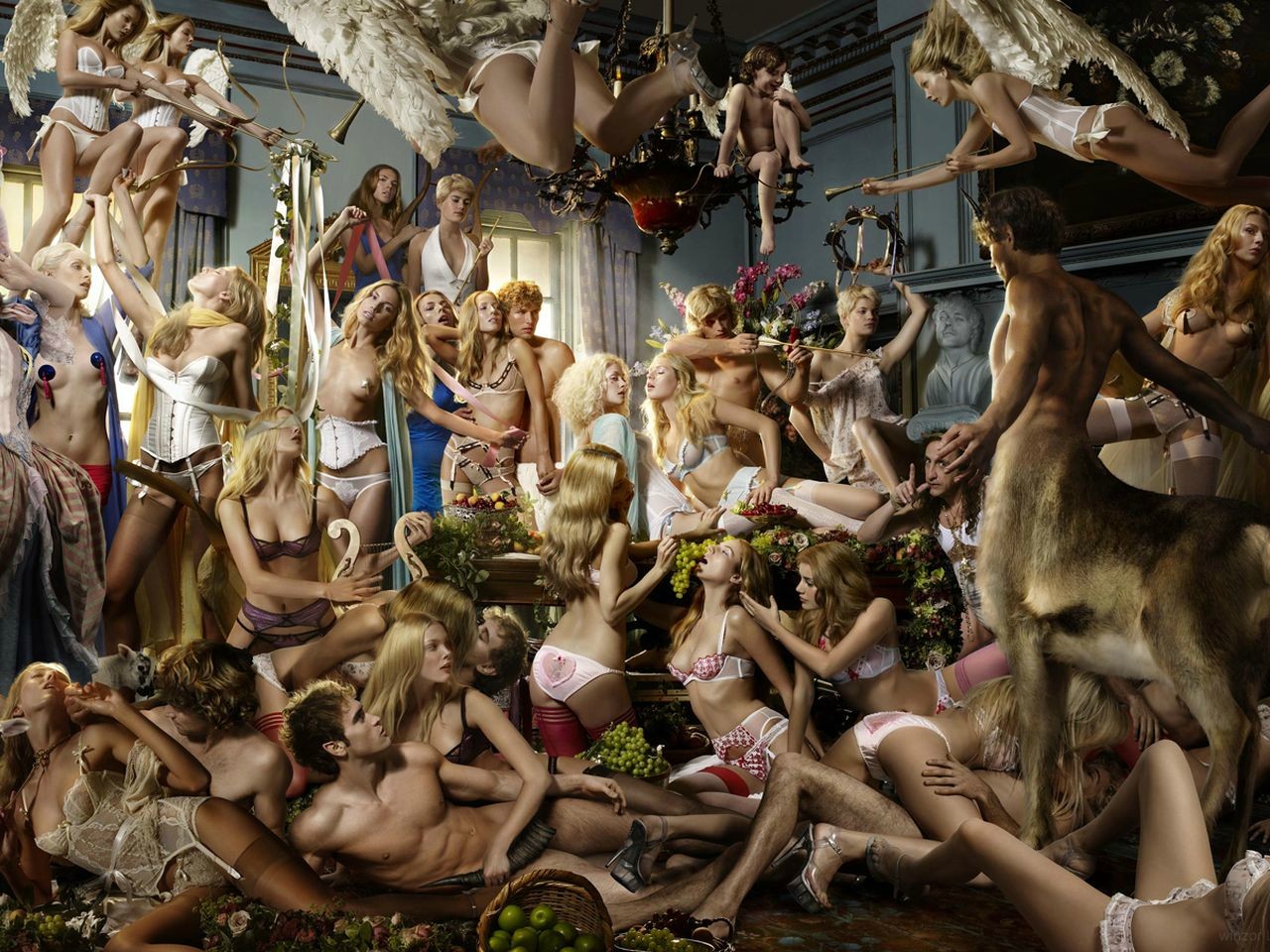
The Bacchanalia wasn’t just revolutionary and sex positive for its time, it practiced economic equality and was woman-friendly, which is a pretty big deal in hindsight, considering women were being shoved into more submissive roles by cultures centuries later and the world has yet to recover.
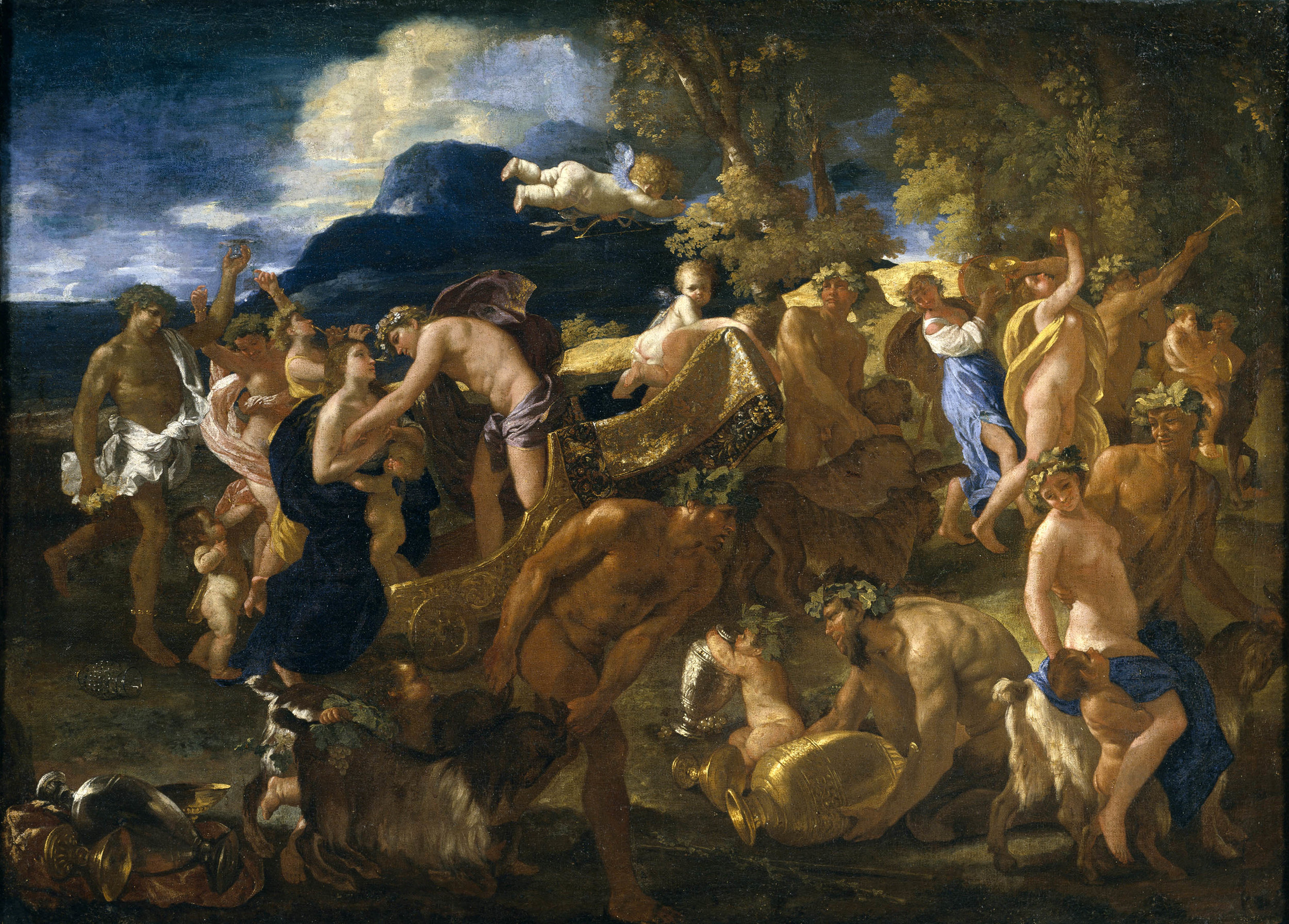
While Bacchanalia and the religion that made the festival a staple sounds a lot like the religion we should all be signing up for, it had a dark underbelly which caused the deaths of thousands of people, and the way we use the word today kind of ignores that. However, the panic Bacchanalia engendered from conservatives of the day is not unlike the panic of social conservatives now, and here’s how.
First, let’s define what exactly a bacchanalia is. Bacchanalias were roman festivals paying homage to and worshipping the Roman god Bacchus. If you’re wondering where he falls in the pantheon of Greek gods, from whom the Romans borrowed their own from, Bacchus is roughly equivalent to the Greek god Dionysus. Both Dionysus and Bacchus are the gods of wine, intoxication, and ecstasy in their respective classes of deities.
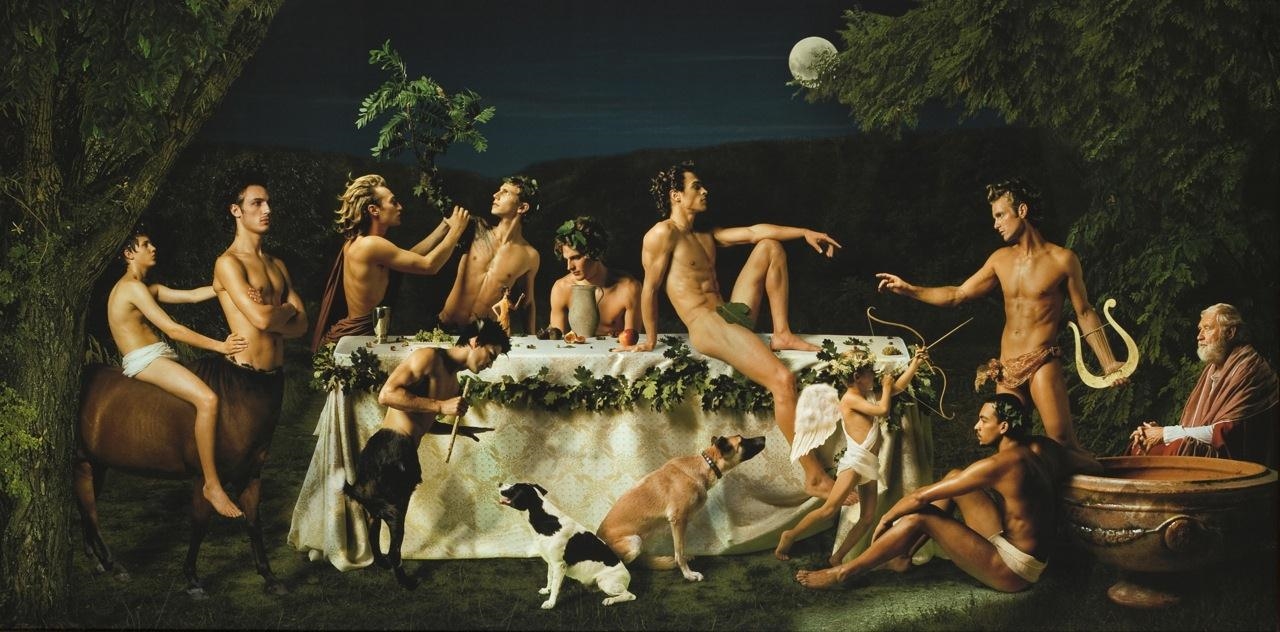
For religious ceremonies that basically amounted to orgies, the events were pretty well organized. This wasn’t just a bunch of people in the Roman empire who wanted to party, these were people who wanted to worship a particular god, whose events just so happened to be really popular. However, when it comes to the nuts and bolts of these rites, not much is actually known.
What we do know about the bacchanalias held back then comes from a decidedly unreliable narrator. Most of what we know about these events comes from a writer named Livy, writing about two hundred years after the events of the cult of Bacchus occurred. However, Livy’s not the best source on this, because he was a conservative whose ideas on the events are looked at with skepticism by scholars today.
The bacchanalia arrived in Rome sometime in 200 BC. They came via the Greek colonies in southern Italy and Etruria, Rome’s neighbor to the north at the time. Since the cult hosting these events was mysterious, naturally these events were held in secrecy.
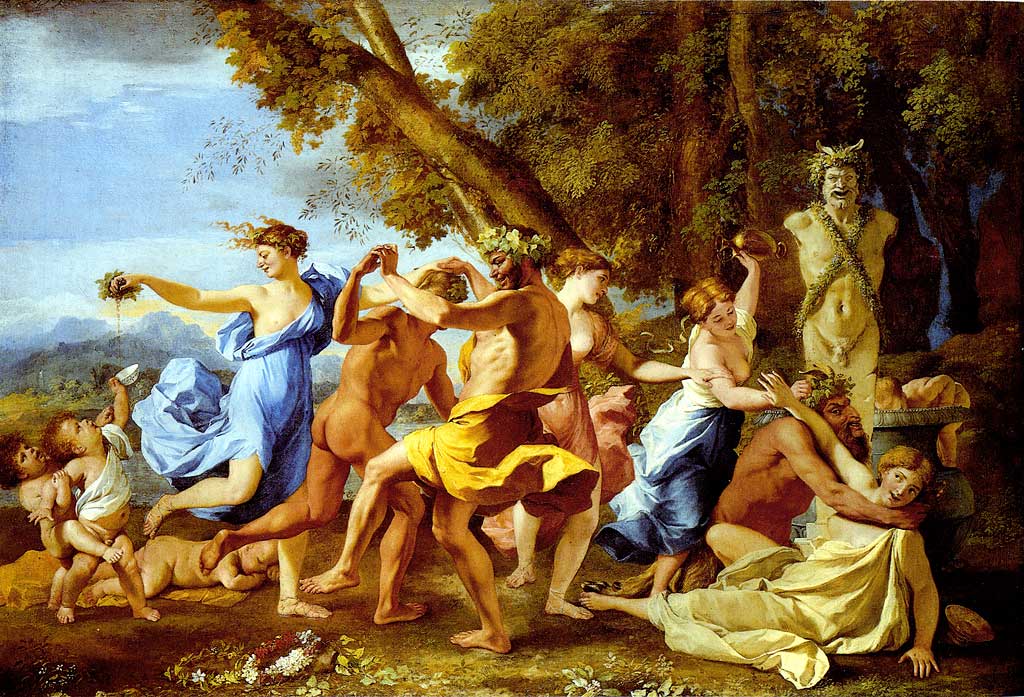
While the actual events of the bacchanalias are unknown, we’re not left with zero knowledge. Even though the initiates of the cult were bound to secrecy, there are sources that show what the bacchanalias were all about. These include countless paintings and statues, and lots of plays and literature of both Greek and Roman origin.
Livy was able to identify who the founder of the cult was. He named a Campanian priestess of Bacchus named Paculla Annias as the person who founded a private, unofficial cult of Bacchus in Rome. She established the cult in a mixed district where rich and poor lived together, which was a big deal.
In the beginning, the events were only open to women. According to Livy, the first events were only open to women, and only held on three days of the year in the day time. There was a nighttime version that involved wine and feasting, and that one got a huge following from men and women alike. That was the bacchanalian version.
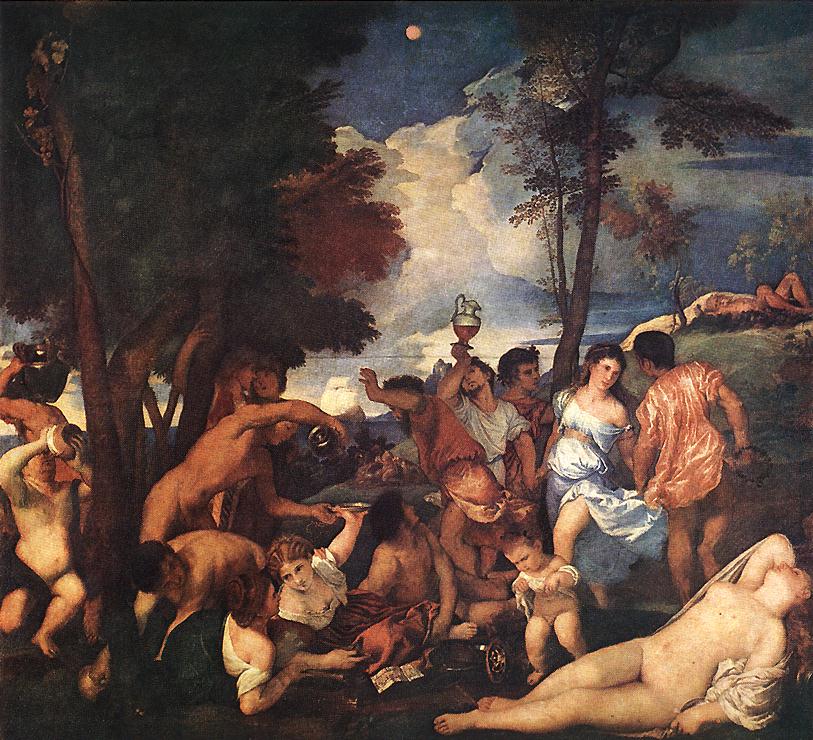
According to Livy, Paculla Annia corrupted the whole religion. He wrote about how this priestess managed to turn a regular religion into a cultic, twisted version of it by bringing the Etruscan events to Rome, which involved nighttime meetings held a few times a month. Most notably, they were open to everyone, regardless of age, class, or gender. The festivals weren’t just appealing to a certain group of people, either, the influence of the cult went all the way up to Rome’s highest class of citizens.
However, these meetings had a very dark side. Livy tells the story about how Annia got her own sons involved, and how the new initiations weren’t just sexual, they were sexually violent. There were even accounts of bacchanalian victims screaming in pain, only to be drowned out by the deafening noise of cymbals and drums.
There was no opposing this religion, either. Priests and initiates of the religion were known to break civil, moral and religious laws without fear of being punished. On top of that, anyone who resisted the cult or betrayed them in some way was simply disposed of without a thought.
One ex member spoke out. A prostitute named Hispala Faecenia, who was an ex-initiate, told the consul Postumius everything, because she was afraid for her clients and her own protege. He went to the Roman senate with it, citing the cult as a national emergency that needed to be dealt with. When all was said and done, the cult was suppressed throughout Italy and forced to reform. Seven thousand people were arrested, and most were executed.
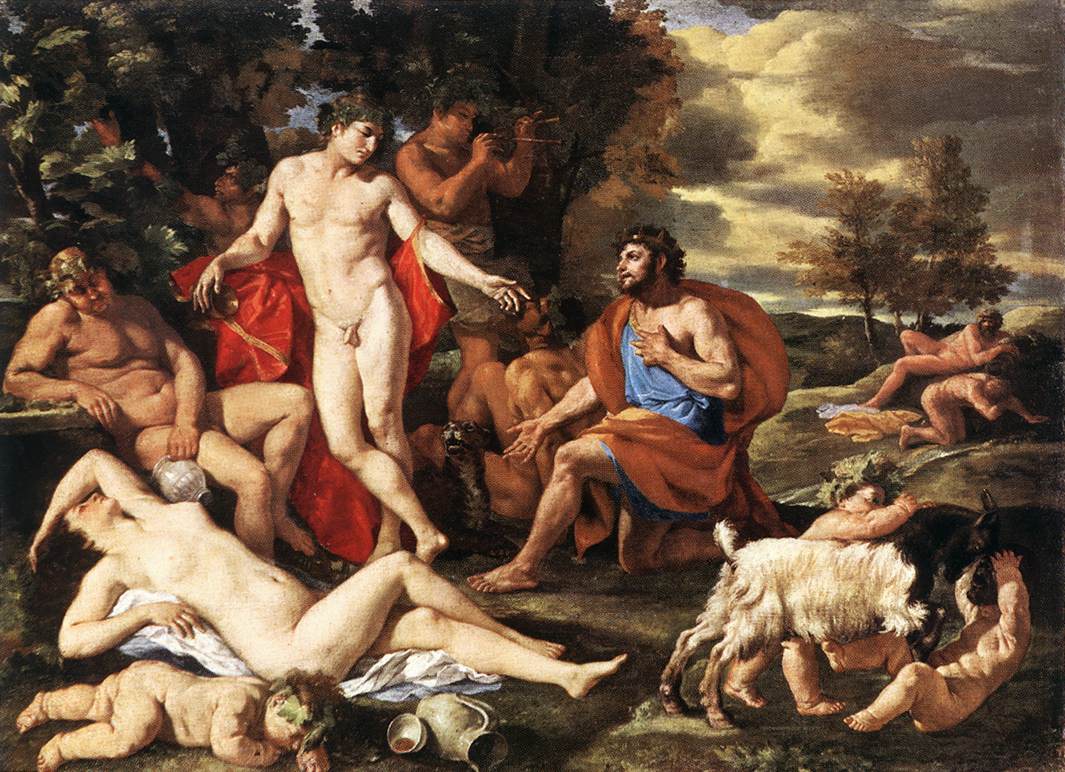
That put the bacchanalia under control of the Senate. The cult chapters that already existed were totally dismantled. While religious meetings of mixed gender were okay, they were only limited to two men and three women. On top of that, if you wanted to put on a bacchanalia, you needed permission from the government to do so.
As we all know, just because something is forbidden doesn’t mean that it doesn’t still happen. Illegal bacchanals kept happening, and went on for many years, especially in Southern Italy, which is where they probably came from. The bacchanalias held under approval of the government had no resemblance to the earlier, wilder versions.

The religion of Bacchus evidently bore resemblance to a religion we all know. Both Dionysus (the Greek god Bacchus is based on) and Jesus were gods who died and rose again. Both religions also included a rite of baptism and a calendar of yearly celebration. Those are the only two religions that follow the whole life-death-rebirth cycle that made their way through Rome, which was a good example of how multicultural the empire was. Then again, if every country expanded by simply subjugating the lands around it, you’d think they’d be pretty multicultural too.

Today, bacchanalia means something more benign. Now, when we use the word, we’re talking about an uninhibited or drunken party or fun time had by all. It became its own subculture in art, and the bloody history of the actual events has been largely forgotten.